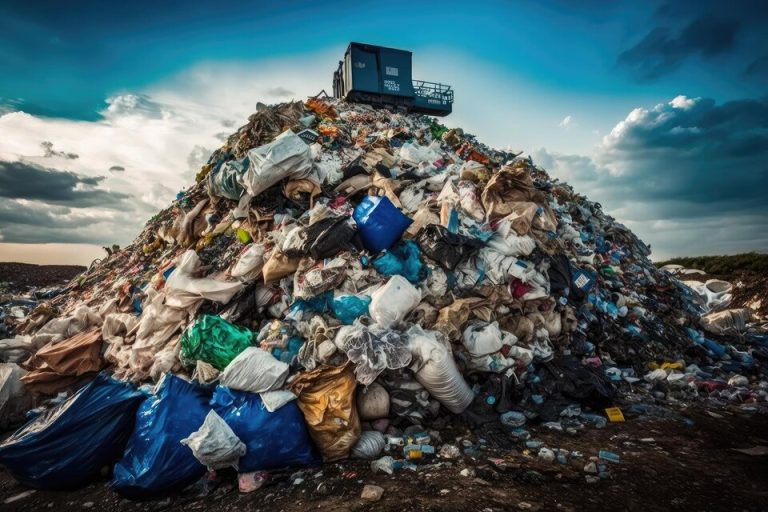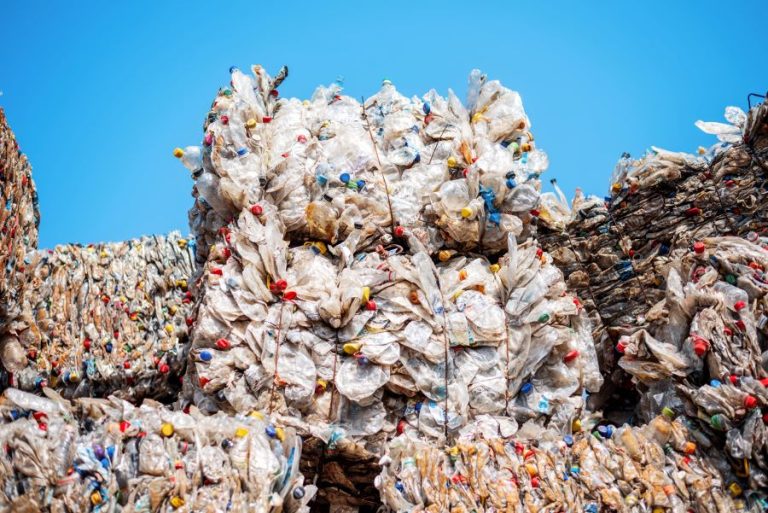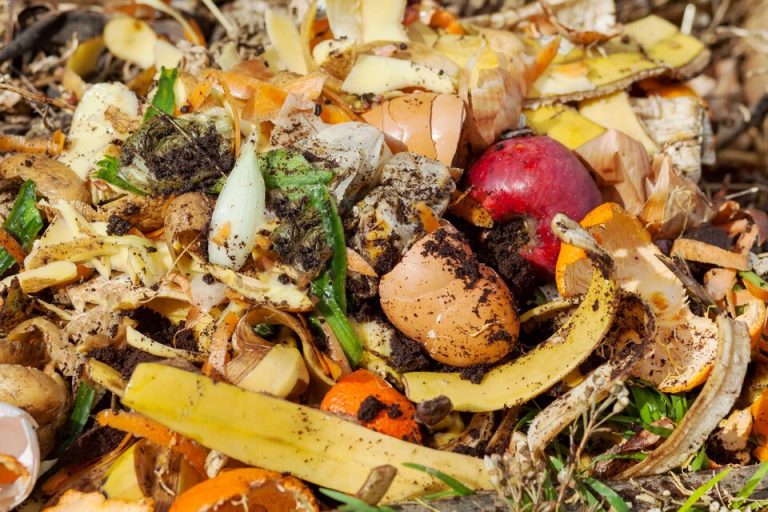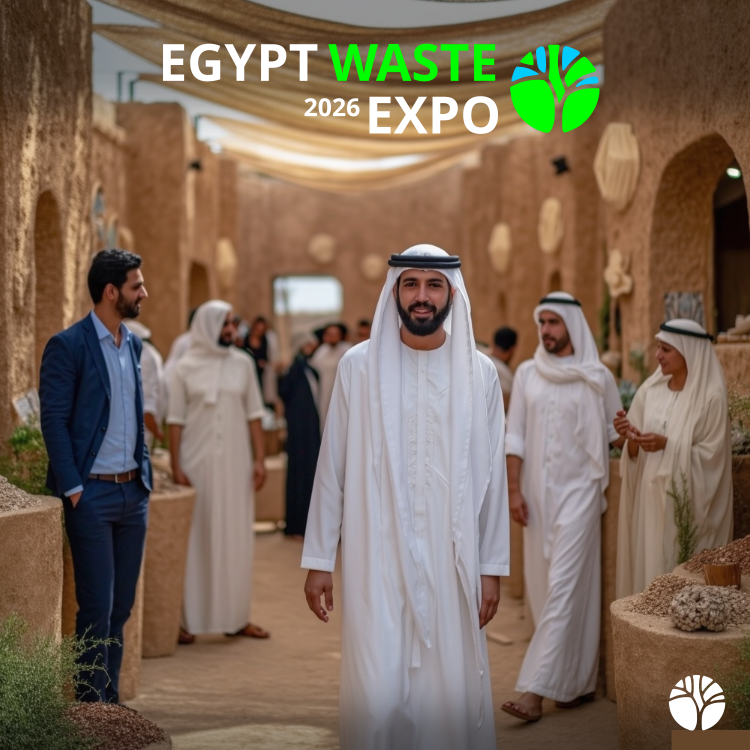Informal Waste Sector in Africa: Challenges and Opportunities – How WasteExpoAfrica Fosters Inclusion
The informal waste sector plays a vital role in waste management across Africa. Millions of individuals, often referred to as waste pickers, collect, sort, and sell recyclable materials. While they provide a valuable service, they face significant challenges. This blog post explores the complexities of the informal waste sector and how WasteExpoAfrica serves as a platform to navigate them towards a more inclusive and sustainable future.
The Backbone of Waste Collection:
- Extensive Reach: Informal waste pickers operate in areas where formal collection services are limited, ensuring some level of waste management across communities.
- Resource Recovery: They contribute significantly to recycling by salvaging valuable materials like plastics, metals, and paper.
- Livelihood Generation: Waste picking provides income for a large segment of the population, particularly for women and marginalized groups.
Challenges Faced by the Informal Sector:
- Health and Safety Risks: Waste pickers often work in hazardous conditions, lacking proper equipment and facing exposure to toxins.
- Low Income and Insecurity: They typically receive meager payments for their work and lack social security benefits.
- Social Stigma: Waste pickers are sometimes ostracized by society, hindering their efforts to improve their livelihoods.
- Limited Integration: The informal sector often operates outside of formal waste management systems, hindering efficiency and resource recovery potential.
WasteExpoAfrica: Championing Inclusion:
WasteExpoAfrica recognizes the critical role of the informal sector and strives to create opportunities for positive change:
- Recognition and Advocacy: The events highlight the contributions of waste pickers, promoting their social inclusion and fair treatment.
- Skills Development: Workshops and training programs offered at WasteExpoAfrica equip informal workers with knowledge about safe waste handling, sorting techniques, and entrepreneurial skills.
- Formalization Pathways: The events foster dialogue between the informal sector and government bodies, paving the way for formalization initiatives that provide secure livelihoods and benefits.
- Market Access: WasteExpoAfrica connects informal waste pickers with recycling companies, improving their access to fair market prices for recovered materials.
A Collaborative Future:
The informal waste sector cannot be ignored. By fostering collaboration and inclusion, WasteExpoAfrica aims to create a future where:
- Waste pickers work safely and with dignity.
- Their expertise is integrated into formal waste management systems.
- Their efforts contribute to a more circular economy in Africa.
Beyond Recognition:
WasteExpoAfrica goes beyond simply recognizing the informal sector. The events serve as a platform for:
- Sharing best practices for integrating informal waste pickers into formal systems.
- Promoting investment in projects that support and empower the informal sector.
- Developing innovative solutions that address the unique challenges faced by informal waste pickers.
Together, We Can Build a Better Future:
By embracing the potential of the informal waste sector and providing them with the necessary support, Africa can achieve a more sustainable and inclusive future. WasteExpoAfrica serves as a crucial platform for achieving this goal. Let’s join hands to ensure that waste pickers become valued partners in building a cleaner and more prosperous Africa!
WasteExpoAfrica can be a catalyst for positive change, transforming the informal waste sector from a challenge to an opportunity. Let’s capitalize on this potential together!







